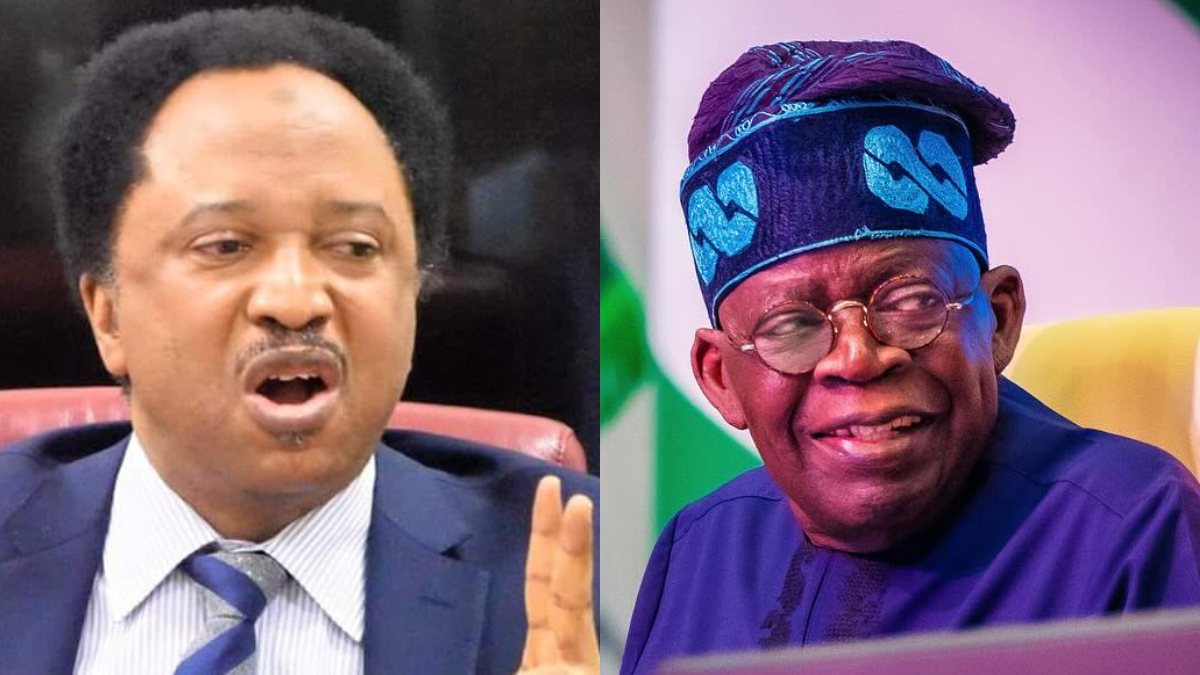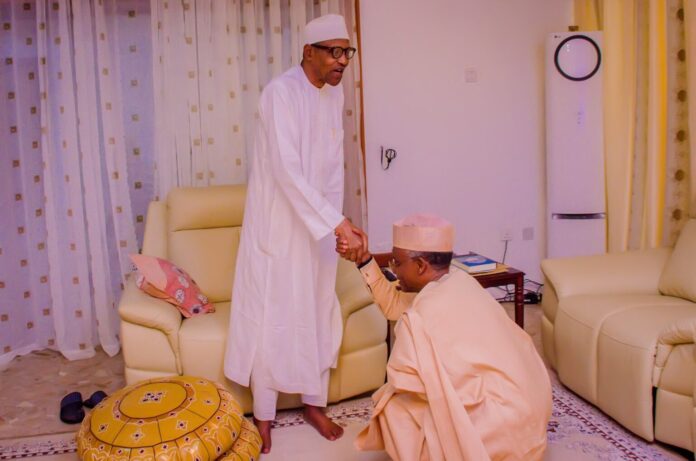Shehu Sani, known for his activism and critical stance on social issues, has provided insights into the recent gathering of Northern politicians with former President Muhammadu Buhari. According to Sani, this meeting signifies a calculated maneuver aimed at undermining President Bola Tinubu’s potential presidency in 2027.

The former president hosted Kaduna State’s former Governor Nasir El-Rufai shortly after a similar visit by ex-Vice President Atiku Abubakar to his residence in Daura, Katsina State. Both El-Rufai and Atiku are perceived to be at odds with the All Progressives Congress (APC), both locally in Kaduna and nationally.
In response, Sani, who previously represented Kaduna Central in the National Assembly, characterized this move as an attempt to consolidate Northern political factions ahead of the next general elections. He expressed skepticism about its success, cautioning against resurrecting Buhari’s political influence merely to challenge and depose Tinubu’s potential administration in 2027.
Through a Facebook post on Monday, Sani critiqued the apparent attempt to leverage Buhari’s lingering political sway to rally Northern support. He warned against exploiting Northern sentiments without regard for the potential repercussions, emphasizing the need to avoid destabilizing the country’s fragile unity.
“The recent visits to Daura by prominent Northern politicians seem like routine Eid homage on the surface, but beneath lies a covert effort to forge a robust Northern coalition, with ex-President Buhari as a focal point, aiming to contest and potentially dislodge President Tinubu’s future government in 2027,” Sani remarked.
“It’s essentially a consolidation of Northern political forces gearing up for the upcoming elections—a venture destined to falter. They seek to revive Buhari’s political charisma and mobilize unsuspecting supporters towards an ultimately futile outcome. Their attempt to stoke Arewa sentiments could ignite unforeseen turmoil,” he cautioned.
Sani further reflected on Buhari’s previous presidency, criticizing its impact on the North’s socioeconomic landscape. “Under his leadership, the North saw a deterioration in conditions, exacerbated by poverty and insecurity unlike ever before. They held power and squandered it; what more can they hope to achieve?”
He underscored the disparity in reactions to power shifts between the North and South, stressing that Southerners did not plot against Buhari during his tenure. Sani condemned what he perceived as an excessive Northern elite fixation on power, warning of the potential consequences for democracy and national unity.
“Their fixation on power is condemnable. Opposition to Tinubu based on policy and governance is legitimate, but manipulating Northern sentiments for political gain is perilous,” he asserted. “The North must reject these schemes, recognizing their hollow promises and failed projects. They came to power amid Northern strife and left it compounded by insurgency and banditry,” Sani added, urging Northern citizens to rebuff such political maneuvers.
In essence, Sani’s critique revolves around the strategic implications of Northern politicians’ recent engagements, highlighting potential risks to national stability and urging a reconsideration of divisive tactics in Nigerian politics.




